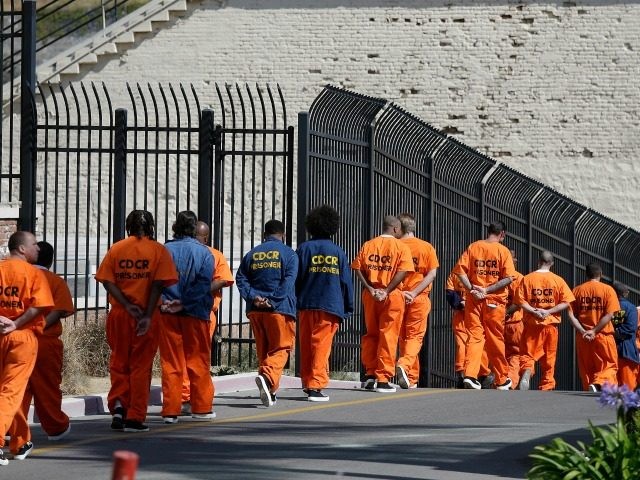Congress is poised to repeal the ban on prison inmates receiving Pell Grants for higher education if the coronavirus relief package becomes law.
On Monday, both the United States House of Representatives and the Senate agreed to a broad $2.4 trillion spending deal, which includes more than $900 billion in relief for individuals and businesses impacted by the novel coronavirus pandemic.
While the bill does provide essential relief for those impacted by the pandemic, most notably through $325 billion in small business funding, the legislation also has a bevy of non-public-health-related inclusions tucked within its 5,593 pages. One such inclusion is language repealing the ban on incarcerated individuals receiving Pell Grants, federal tax subsidies provided to low-income students pursuing a bachelor’s degree. The ban was first implemented through the 1994 crime bill largely written by then-senator, now-President-elect Joe Biden.
Individuals previously convicted of a drug crime are also set to benefit from the coronavirus relief proposal, as the legislation will repeal a 1998 law prohibiting federal education assistance from being provided to such offenders.
The deal comes after a months-long stalemate between House Speaker Nancy Pelosi (D-CA) and Congressional Republicans over whether the spending plan should include bailouts for state and local governments, as well as liability protections for employers operating amid the pandemic.
Ultimately, neither the bailouts, favored by Democrats, nor the expanded liability protections, preferred by Republicans, made it into the final bill.

COMMENTS
Please let us know if you're having issues with commenting.